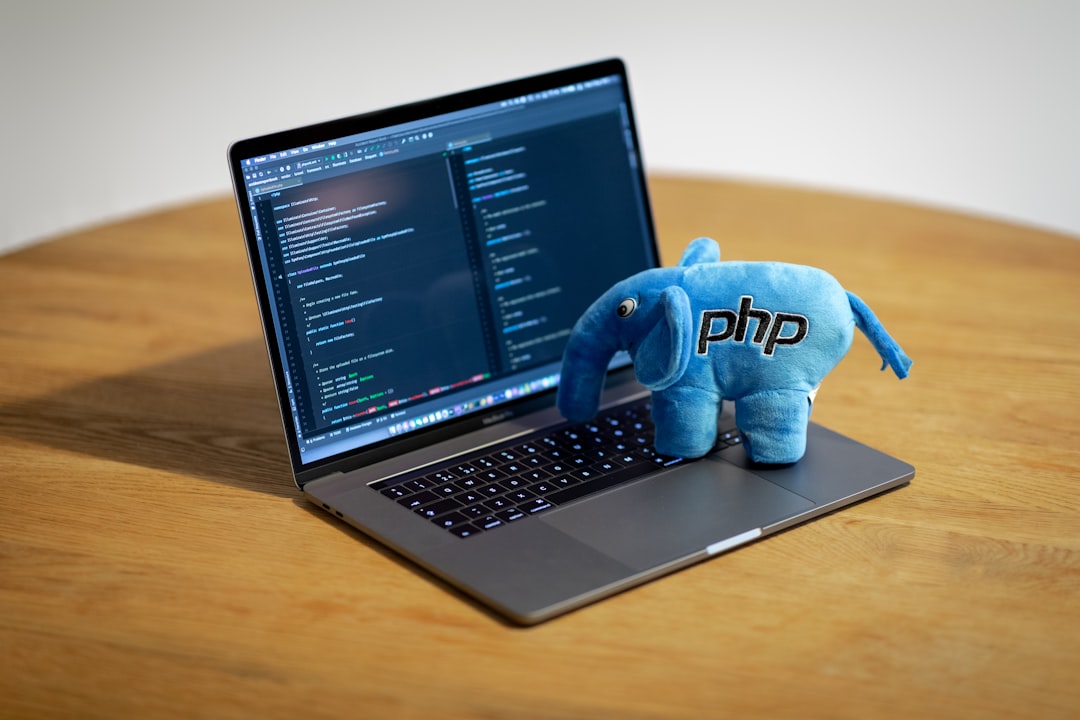
Mastering Programming Languages: A Comprehensive Guide to Coding Principles
In today’s digital world, programming languages are the backbone of software development and technology innovation. Whether you’re just starting out or looking to enhance your coding prowess, mastering programming languages requires an understanding of core coding principles, languages, and best practices. This guide will navigate you through the essentials of mastering programming languages, offering insights, examples, and resources to support your journey.
Understanding Programming Languages
What is a Programming Language?
A programming language is a formal set of instructions that can be used to produce various kinds of output. These languages enable developers to communicate with machines and create software applications. From low-level languages like Assembly to high-level languages like Python, each has its own strengths and use cases.
Types of Programming Languages
- High-Level Languages: These languages are closer to human languages, making them easier to learn and use. Examples include Python, Java, and Ruby.
- Low-Level Languages: These languages are closer to machine code and are more complex to use. Examples include C and Assembly.
- Scripting Languages: These are often used for automating tasks and are usually interpreted rather than compiled. Examples include JavaScript and Bash.
Coding Principles to Master
1. Understand Syntax and Semantics
Every programming language has its own syntax (the set of rules that defines the combinations of symbols that are considered to be correctly structured programs) and semantics (the meaning of those structures). Mastering the syntax and semantics of a language is crucial for writing effective code.
2. Grasp Data Structures and Algorithms
A strong understanding of data structures (like arrays, lists, trees) and algorithms (like sorting and searching) is essential. This knowledge enhances your ability to write efficient code and solve complex problems. Resources like GeeksforGeeks provide excellent tutorials on these topics.
3. Embrace Object-Oriented Programming (OOP)
OOP is a paradigm that uses objects to design applications. Familiarize yourself with concepts such as encapsulation, inheritance, and polymorphism. Languages like Java and C++ are built around OOP principles, making them beneficial for learning these concepts.
4. Version Control Mastery
In today’s collaborative environment, mastering version control systems like Git is essential. Understanding how to track changes, collaborate with others, and manage code history will enhance your development workflow. You can explore more on GitHub Guides.
5. Testing and Debugging
Testing your code is crucial to ensure its reliability. Familiarize yourself with various testing methodologies like unit testing, integration testing, and end-to-end testing. Tools such as JUnit for Java or pytest for Python can aid in this process.
Emerging Trends in Programming Languages
1. Rise of Functional Programming
Functional programming languages like Haskell and Scala are gaining popularity due to their emphasis on immutability and first-class functions. Understanding functional programming concepts can greatly enhance your coding capabilities.
2. The Growth of Data Science and AI
With the increasing demand for data-driven decisions, languages like Python and R are becoming essential for data science and machine learning. Familiarize yourself with libraries like TensorFlow and Pandas to harness the power of data.
3. Microservices Architecture
The rise of microservices architecture has led to the use of languages like Go and Node.js. Understanding how to build and manage microservices can significantly improve your software development skills.
Practical Applications: Case Studies
Case Study 1: Developing a Web Application with Python and Flask
Flask is a micro web framework for Python. Building a simple web application can help you understand routing, templates, and database integration. Here’s a basic example of a Flask application:
from flask import Flask
app = Flask(__name__)
@app.route('/')
def hello_world():
return 'Hello, World!'
if __name__ == '__main__':
app.run()Case Study 2: Automating Tasks with Bash Scripting
Bash scripts can automate repetitive tasks in a Unix-based environment. For instance, a simple script to back up files can save time and reduce errors:
#!/bin/bash
tar -czf backup.tar.gz /path/to/directoryExpert Opinions
As noted by renowned developer and author Martin Fowler, “Any fool can write code that a computer can understand. Good programmers write code that humans can understand.” This emphasizes the importance of writing clean, maintainable code.
Further Reading and Resources
-
Books:
- “Clean Code: A Handbook of Agile Software Craftsmanship” by Robert C. Martin
- “The Pragmatic Programmer: Your Journey to Mastery” by Andrew Hunt and David Thomas
-
Online Courses:
-
Documentation:
Conclusion
Mastering programming languages is an ongoing journey that requires dedication, practice, and continuous learning. By understanding coding principles, embracing current trends, and applying your knowledge through practical projects, you can enhance your programming skills and become a proficient developer.
As you embark on this journey, remember to embrace challenges, seek out new resources, and connect with the developer community. Consider trying out a new programming language, contributing to open-source projects, or participating in coding challenges to test your skills.
If you found this guide helpful, consider sharing it with your peers or subscribing to our newsletter for more insights and updates on programming and technology trends. Happy coding!
Glossary of Terms
- Syntax: The set of rules that defines the combinations of symbols that are considered to be correctly structured programs.
- Semantics: The meaning of the syntactical elements in programming languages.
- OOP (Object-Oriented Programming): A programming paradigm based on the concept of objects, which can contain data and code.
- Microservices: An architectural style that structures an application as a collection of small, independent services.
By integrating these principles and continuously learning, you will be well on your way to mastering programming languages and elevating your coding expertise.


